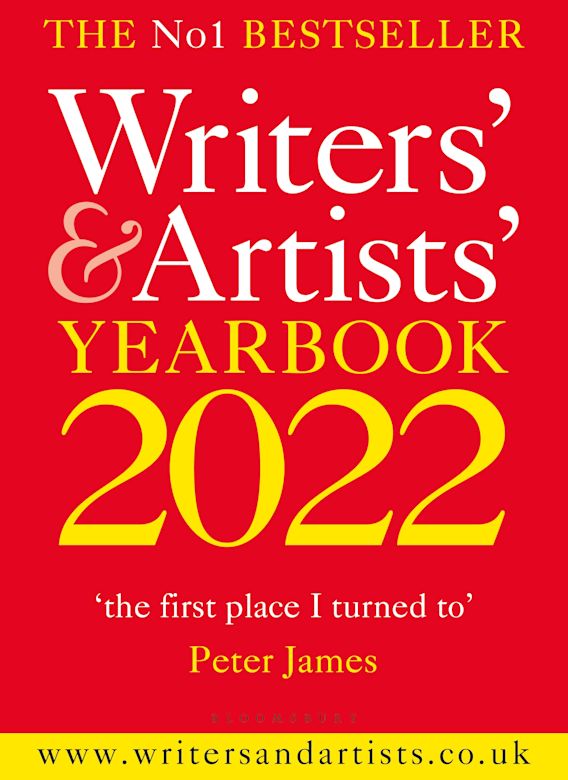Jonathan Myerson describes what has drawn him towards audio drama, how closely this form of storytelling relates to the art of a novelist, and where it differs.

I cannot leave home without a book. The thought of being stuck with spare minutes and nothing to read … it’s agony. So there is always a book – usually a novel – in my coat pocket. Even the dog complains.
As a chain-reader of fiction since my teenage years, I am not quite sure how I became a dramatist. But then again, I’m not surprised that audio drama has become my chosen form – I've dabbled in TV drama (too melodramatic), film (too much second-guessing) and even animation (still can’t even draw stick men), but it is audio drama that I keep coming back to. I have also written novels, which is probably the one unsurprising element in that spectrum: there’s a clear affinity between a story told on the page and a story conveyed purely in sound.
To begin with, both the novel and the audio drama take shape only in the reader’s or listener’s mind. The well-worn maxim that ‘the pictures are better on radio’ rings equally true for the novel, whose scenes exist in that netherworld between the actual and the imagined, forcing the reader-audience to add the missing elements. And audio dramas, like novels, must tread the thin line between what the character might observe and what the story demands. A novelist – any good novelist, anyway – includes only the elements which are crucial for the given scene. Anything else – as we all discover when editing our own prose – is just typing.
I’ll admit that, when I started writing my first novel after more than a decade as a dramatist, I went through a period of shock. I was accustomed to simply typing terse scene-settings (maybe ‘deck of freighter during force 8 storm’ or ‘the characters stroll through an autumnal forest glade’) and leaving it to the crew to execute my demands. And then my second realisation: this wouldn’t be simply ‘Sound Effects Disc 37B’ or a studio manager waltzing across crisp packets. It would all be about the characters’ response to these surroundings. Their perspective would be my liberation.
So I am often asked, how do you know if your next idea is a novel or an audio drama? And the truthful answer is, I don’t know. In so many respects, they’re the same thing and ask the same from their audiences – but don’t forget that they make slightly different demands on the writer.
You can read the full version of this article and more than 80 other pieces from writers, publishing insiders and agents in the new edition of the Writers’ & Artists’ Yearbook 2022, published 22 July
Jonathan Myerson is the author of over 50 individual dramas for the BBC (Radio 4, Radio 3 and World Service), as well as episodes of radio drama series Westway and Citizens. His audio drama series include The Republicans, Doctor Zhivago, The Way We Live Right Now, and Number 10 (winner of the Writers’ Guild Award for Best Radio Drama). His most recent podcasts are Mueller: Trump Tower Moscow and That Was Then. Jonathan has been nominated for an Oscar and won a BAFTA in 1999 for his animated film of The Canterbury Tales. After ten years running the prestigious Novel Writing MA at City University London, he now consults for finishyournovel.org.
Comments